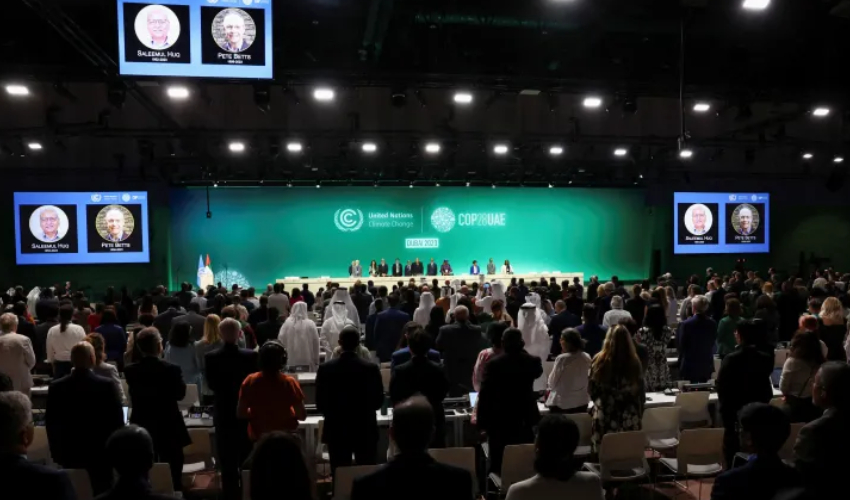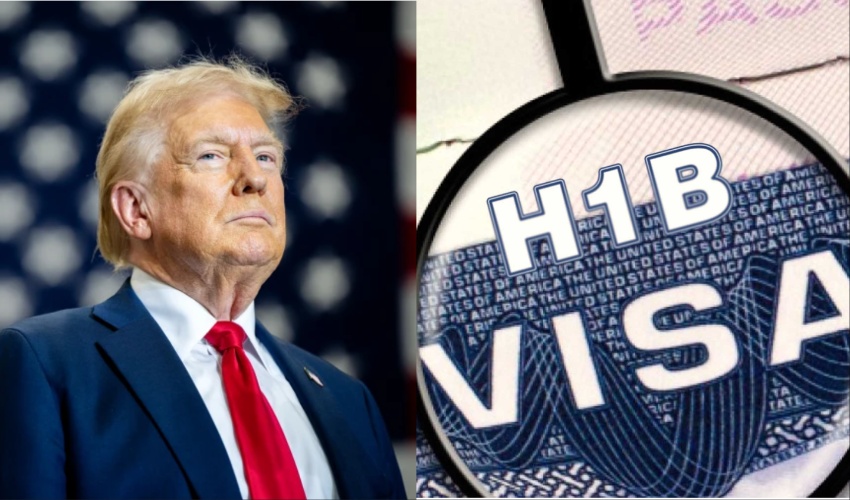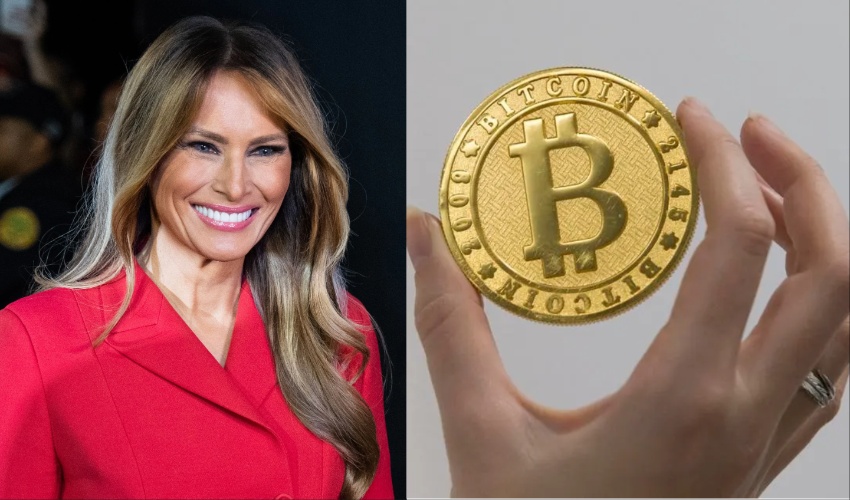The annual United Nations (UN) climate summit begins in Dubai, featuring global leaders endorsing a climate disaster fund aimed at assisting vulnerable nations in coping with the impacts of climate change.
The summit emphasizes the global commitment needed to address climate challenges, but controversies surrounding leadership and conflicts of interest highlight the complexities inherent in navigating a sustainable future.
While the summit marks a positive signal of momentum, criticism arises over the leadership of UAE's Sultan al-Jaber, who, as the head of the summit, faces scrutiny due to his ties to the oil industry, leading some to question his suitability for the climate post.
First day
On the first day of the two-week COP28 conference, delegates agreed to establish a fund to help vulnerable nations cope with the effects of climate change.
This decision opened the door for governments to announce contributions to the fund.
Several countries pledged money to the fund, including the COP28 host United Arab Emirates ($100 million), Germany ($100 million), Britain (at least $51 million), the United States ($17.5 million), and Japan ($10 million).
The early breakthrough on the damage fund could help pave the way for other agreements to be reached during the two-week summit.
However, some groups are concerned about unresolved issues, such as how the fund will be financed in the future.
Global leaders and billionaire Bill Gates attend
COP28, hosting over 70,000 attendees, becomes the largest-ever climate gathering, with the presence of various world leaders, activists, lobbyists, and figures like billionaire Bill Gates.
The notable absence of the US and China's presidents underscores the urgency of addressing rising global emissions.
Calls for fossil fuel phaseout
Amidst rising emissions, UN Secretary-General Antonio Guterres urges leaders to commit to a complete phaseout of fossil fuels, a proposal met with opposition from powerful nations.
The summit aims to formalize a "loss and damage" fund to compensate climate-vulnerable countries.
Key goals and global stocktake
Participants will review and calibrate the implementation of climate agreements like the Paris Agreement and the Kyoto Protocol.
The introduction of the Global Stocktake (GST) analyses countries' progress toward the Paris Agreement, influencing future climate action plans due in 2025.
UAE's renewable energy goals
The host UAE seeks to secure agreements on tripling renewable energy and doubling annual energy efficiency improvements by 2030.
Achieving consensus proves challenging, given COP's requirement for unanimous action from nations with diverse interests.
UAE as bridge and conflicts of interest
The UAE positions itself as a bridge between developed nations responsible for historic emissions and the rest of the world facing severe consequences.
However, the decision to host the summit faces criticism, especially with al-Jaber, also heading UAE's state oil giant ADNOC, raising questions about potential conflicts of interest and accusations of pursuing new fossil fuel deals.



























